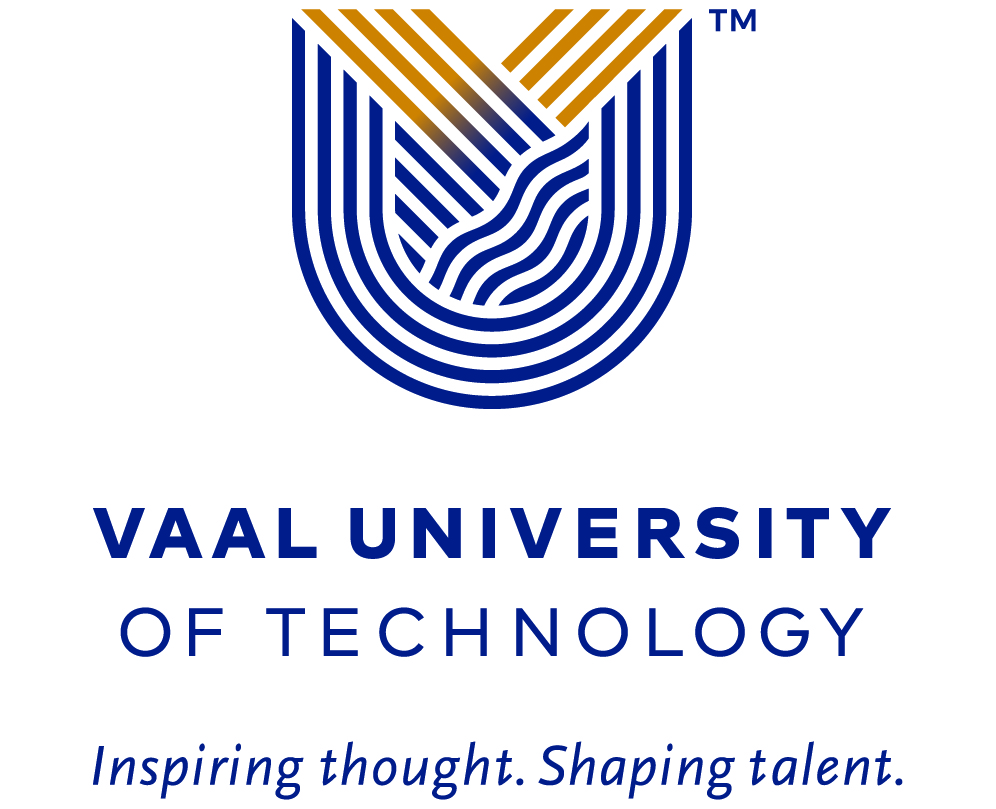The rise of 'outsourcing must fall' movement
The emergence of movements such as "Rhodes must fall" and "Fees must fall" saw the rise of "Outsourcing must fall" at the height of political, economic and social tension across universities in South Africa last year. Vaal University of Technology's Social Justice and Transformation unit hosted a seminar themed, "Outsourcing and Social Justice in Higher Education Institutions", on Wednesday, 28 June.
The concept of outsourcing is not new on the agenda and has since been around from the 90s in the university space. It's been a highly intense debate throughout the South African Higher Education space, more so since the "outsourcing must fall" movement has gained the support of students and their leadership. The guest speaker was Dr Mondli Hlatshwayo from the Centre of Education Rights of Education at the University of Johannesburg. His presentation was on his research, which focused on shedding light on the "outsourcing must fall" movement at institutions of higher education. His aim was to unpack reasons and causes behind the movement; what gave rise to it, who formed part of its success and finding out whether the end goal was achieved?
Dr Hlatshwayo says that universities use the concept of outsourcing to bring relief to institutions budget constraints.
"Universities have two functions, academics and non-core functions," he said. Outsourcing is the process whereby the non-core functions are obtained through contracting suppliers and this has often meant that some university employees who serve the non-core functions are uncertain about their future. This is where the role of unions has an impact, and since last year's "Fees must fall" movement, student involvement in "outsourcing must fall" has impacted the end results, placing pressure on university management to bring about change.
In his research, Dr Hlatshwayo highlighted three key findings that led to and heightened the "outsourcing must fall movement".
* The Demands and Issues: "Protesting outsourced workers earned a meagre R2 600 per month and this led them to demand a decent living wage. One of the arguments made to justify the need to treat cleaners with respect and dignity was that a university could not function without cleaners.* The role of student activists: At Wits, workers were supporting #feesmustfall movement. Therefore, this led to students using their ability to better articulate themselves thus taking the lead in "outsourcing must fall", representing and speaking out for the workers.* Unprotected strikes as a primary mode of protest: Workers adopted an unprotected strike to realise their demands because pre-strike periods tended to be a tedious process with fruitless results. The workers knew that their strikes were within legal bounds however were not protected - they were willing to take the risk of a dismissal to ensure their demands were met.
After the highly informative and effective presentation the floor was open for further commentary and discussion from VUT staff and students. Outsourcing remains a challenging topic and will continue to be under the scope of transformation and social justice across many institutions.
